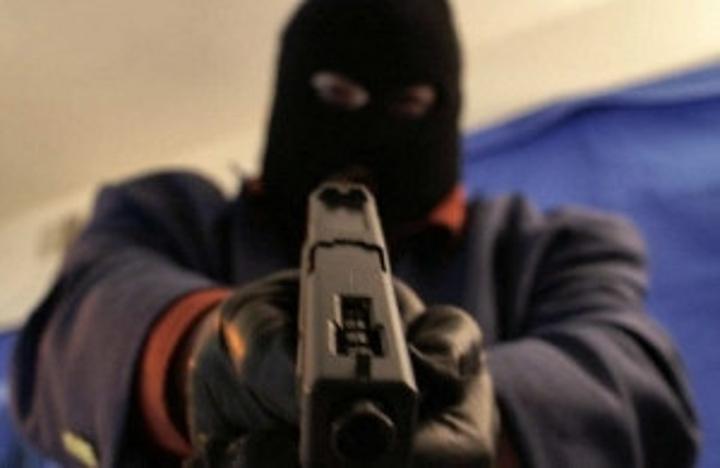Africa-Press – Zimbabwe. IN the early hours of Sunday morning, tragedy struck at Sanyati Police Station in Mashonaland West province.
A police officer was shot dead inside the charge office — a place that should symbolise safety and order.
The suspect, identified as Vengesai Mutasa, had earlier exchanged gunfire with detectives from the Homicide division, injuring two of them in the legs before fleeing.
His decision to storm a police station, confront armed law enforcement officers and open fire shows just how bold and reckless criminals in Zimbabwe have become.
If robbers can walk into a police station — the very heart of the State’s authority — and kill an officer, then ordinary citizens are living in a state of siege.
This was not just a violent crime.
It was an act of defiance against the rule of law.
Armed robberies are no longer rare or random in Zimbabwe.
Hardly a week passes without reports of gangs raiding businesses, homes or fuel service stations.
In some cases, they wear police or military uniform.
Some are former soldiers, ex-policemen or trained security officers — men who know how to handle weapons and evade capture.
Some are still serving government.
It is not an exaggeration to say that armed robbers are becoming bolder, more daring and increasingly sophisticated.
Many operate with military precision, sometimes using getaway vehicles fitted with fake number plates, while others rely on intelligence gathered from insiders at banks, security firms or fuel stations.
In 2023, the Zimbabwe Republic Police (ZRP) reported a sharp rise in armed robberies, with millions of dollars in cash and property lost.
Yet the response from the authorities remains largely reactive — pursuing criminals after instead of preventing crime in the first place.
President Emmerson Mnangagwa has repeatedly declared national firearm amnesties, allowing citizens to surrender unregistered arms and ammunition without prosecution.
These initiatives are commendable.
They show an awareness that too many illegal firearms are circulating in the country.
However, the results have been impressive.
The reality is that dangerous criminals — like Mutasa — are not interested in surrendering their weapons.
They live by the gun, and for them, an amnesty is meaningless.
For such people, there must be swift, visible and decisive justice.
The shooting at Sanyati Police Station must not be just another headline.
It must be a wake-up call.
Where are these firearms coming from? Why are criminals well-armed and so confident?
These are questions central government and the security sector must confront honestly.
Many of the weapons now in circulation may have been smuggled through porous borders or stolen from poorly secured State armouries.
Meanwhile, the economic situation continues to breed desperation.
Joblessness, inequality and corruption create fertile ground for crime.
A man with nothing to lose and easy access to a gun is a danger to society.
But we cannot view violent crime as solely an economic issue.
Poverty does not justify brutality.
Zimbabwe has millions of struggling citizens who choose decency over crime.
What we are witnessing is not just desperation — it is a combination of moral decay and deterrence failure.
Communities are living in fear. Shop owners sleep in their stores.
Ordinary people now think twice before opening their gates at night.
Criminals are seemingly acting with impunity.
The State must rebuild its moral and operational authority.
Police stations should be properly equipped and staffed.
Officers need modern surveillance tools, reliable transport and adequate protective gear.
Communities must also play their part — by reporting suspicious activities and refusing to shield criminals.
Above all, there must be accountability.
When a police officer is gunned down inside a station, it cannot be business as usual.
The Home Affairs minister, the Police Commissioner-General and local commanders must account for how such a lapse occurred — and what will be done to prevent it from recurring.
Zimbabwe cannot afford to let armed robbers dictate the terms of public safety.
If they can terrorise both the police and civilians alike, then the rule of law is hanging by a thread.
Mutasa’s actions were not just an attack on one police officer.
They were an attack on the idea of order itself.
We either confront this growing wave of criminal boldness now or risk descending into anarchy — a society where violence is the norm and fear prevails.
The time for half-measures is over.
Zimbabwe must regain its security before armed thugs take control.
For More News And Analysis About Zimbabwe Follow Africa-Press






